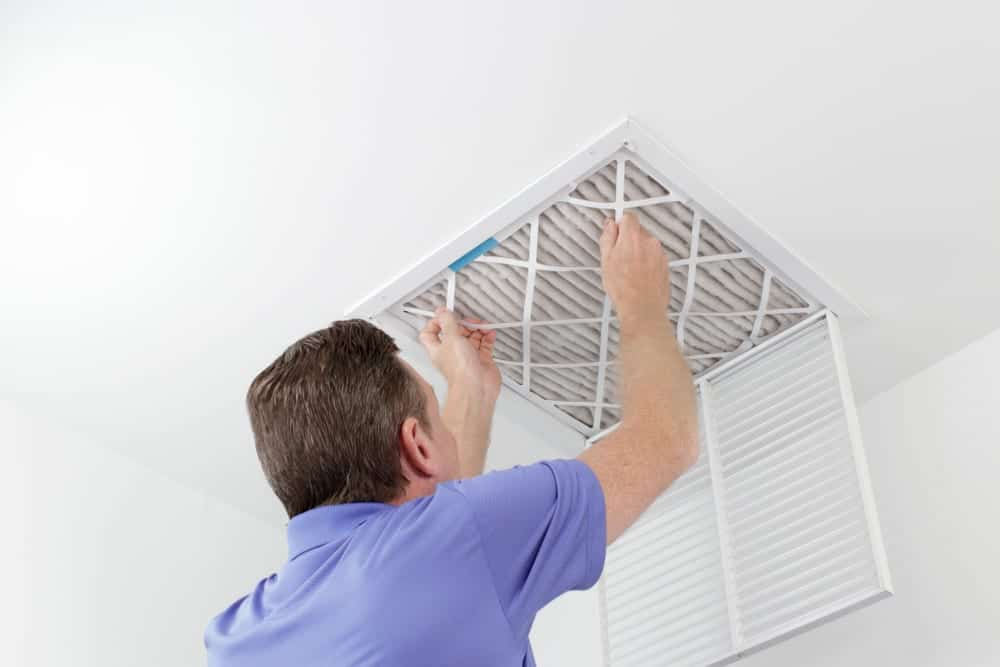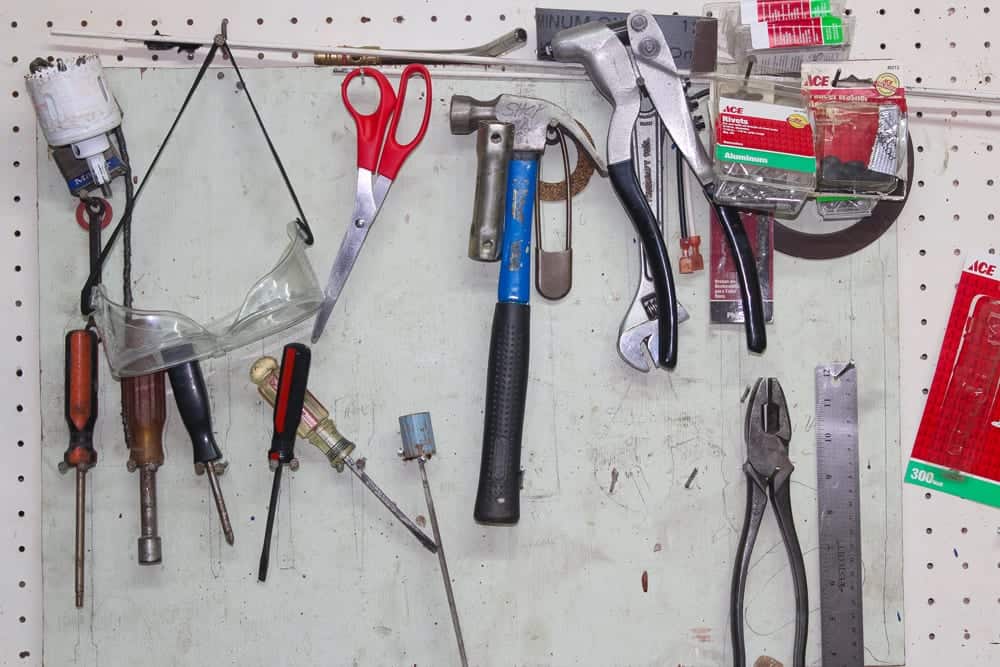Winter is Coming for your HVAC System

Many of us don’t really think about our HVAC system until something bad happens. The months roll on, summer becomes fall becomes winter, and we fully expect everything to run smoothly. We don’t notice creeping cost increases, poor air circulation, or lowered performance until it hits us hard in the wallet, or in the comfort of our home.
Take your heating and air conditioning as you move from summer to fall to winter. We often don’t realize what kind of steps we can take to prepare for the transition (or that we even need to take any steps). But if you get the jump on the winter months and winterize your HVAC system, you can improve performance, lower costs, extend the life of your furnace and AC unit, and potentially save thousands of dollars on costly air conditioning repairs.
Clean Off and Cover Your External AC Unit
This is pretty straight forward, but necessary. During the spring and summer months and even in to the fall), debris can and will build up on and inside your AC unit. Leaves, dust, dirt, sticks, bark… anything that can get in will probably do so over those months. Over time, all this debris can gum up the works.
Follow these steps to make sure your AC unit is clean:
- Turn off the power to your AC unit. This should be clearly labeled on your fuse box. If not, contact an electrician or HVAC specialist to help you with this.
- Use a broom to remove loose debris that is caught in the top and side gratings of the unit.
- Break out your hose and spray down harder-to-remove dirt from the outside and off of the fan blades.
Then, cover your unit. There are two approaches to covering your AC unit, depending on what you want to accomplish:
- Use a real AC unit cover. You can contact your manufacturer to ask what materials they recommend, but a water-proof tarp held in place with heavy blocks can keep small animals and debris from accessing the unit during the off season.
- Place a large board or plywood plank on top of the unit. This will keep debris from falling in, but it won’t keep it from blowing in the sides and will not keep animals out should they choose to nest.
The second option is easier and cheaper, but the first is more comprehensive.
Whatever your choice is, cover your unit, and make sure to check on it once or twice over the winter to make sure it remains clean.
Seal Your Ductwork
Cold air can leak in from ductwork that isn’t sealed properly. The US Department of Energy recommends using mastic tape, foil tape, or other heat-resistant tape to help keep cold air out. You’ll definitely want to treat any gaps in your HVAC ductwork with these materials, because as the heat continues to run over the winter months, these are the only materials that will withstand the heat (whereas cloth or adhesive tapes not suited for high temperatures will melt). These materials typically last longer and provide more coverage and can significantly reduce your winter heating bills.
Also consider caulking and sealing entry points for existing ducts in and out of the house. Your goal here is to make sure that your heater doesn’t have to work overtime heating your house, and you don’t want to have to fill in cracks and gaps while it is currently running. Better to prepare than do it during your coldest months.
Clean Your Ducts and Air Returns and Change Your Filters
Have a professional company come in and clean out your unused ductwork and cold air returns. You will have most likely collected a significant amount of dust, pollen, and particles over the spring and summer (especially if you don’t clean them regularly).
Best practice for winterizing is clearing out the summer mess. Clean your ducts (or have them cleaned professionally) and trade out your air filter for a brand new one.

Test and Update Your Thermostat
During the summer months, your thermostat will keep your home cool, but won’t swing around to the other side. If you have a manual thermostat, then you definitely want to check to make sure the heating and cooling spring mechanisms are operating properly.
Turn on your heat before you need it to make sure that the thermostat is working. If your heat doesn’t heat the home properly, then you might be in for a winter of high power bills and a cold house.
If you find that you need to replace your thermostat, consider moving to a digital or wireless solution so that you have a more accurate and modern unit.
Get a Professional Furnace Check and Tune-up
Have a professional HVAC specialist come and perform an annual tune-up on your furnace prior to the winter months. A technician should come out to your house and perform the following tasks:
- Check vents for blocks or leaks
- Check for corrosion or cracks on the heat exchanger
- Check the blower and clean its components, and check the blower door seal
- Check and clean air intake grills
- Check the pilot burner (for gas units)
- Lubricate motor parts
- Check electrical connections and wires
- Calibrate thermostat
Prepare for the Winter and Save Money on Heating Costs
Don’t wait to winterize your HVAC system. If you take the steps listed above during the late summer/early fall months, then you can get a jump on any of these concerns before the cold hits. Then, you can not only save money on winter costs, but you can also extend the life of your furnace and AC unit.
Some of these steps are OK to do on your own, and it probably helps if you learn how to do them to keep your system healthy. But always check with your trusted air conditioning repair provider for upkeep and maintenance. They are the trained professionals and they can make sure that your HVAC system is properly prepared for winter.

